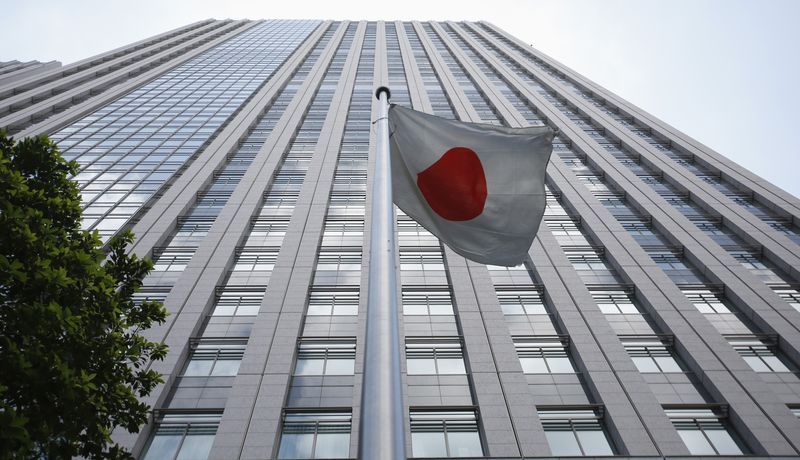TOKYO (Reuters) - Japan's Ministry of Finance has set up a panel of experts to look at ways to improve the country's current accounts after income gains from past Japanese investment overseas replaced its once mighty export engine as the main contributor to finances.
Japan's balance of payments has undergone "big structural changes," said Masato Kanda, the vice finance minister for international affairs. Since around 2010, income gains have overtaken the trade surplus as a key driver of Japan's current account surplus.
Kanda, who is the country's top currency diplomat, kicked off a debate on the panel, which comprises of 20 private-sector experts, ranging from professors and economists to strategists.
"However, currencies are not within the scope for discussion at this panel," Kanda told reporters after the meeting.
The panel discussed trade deficits and shortfalls in digital and R&D, as well as what measures Japan should take to become more competitive in this new area.
The panel is due to hold several more meetings before compiling proposals around June for improving the balance of payments and for better ways to earn and invest, particularly at home.

The worsening in the service account deficit is an important issue when considering the future of the current account, but the trade deficit and slumping domestic investment is a bigger issue and must be provided with targeted support, Kanda said.
As companies shift production abroad, income gains increase, only to be reinvested overseas, while causing domestic investment in human resources and innovation to stall.